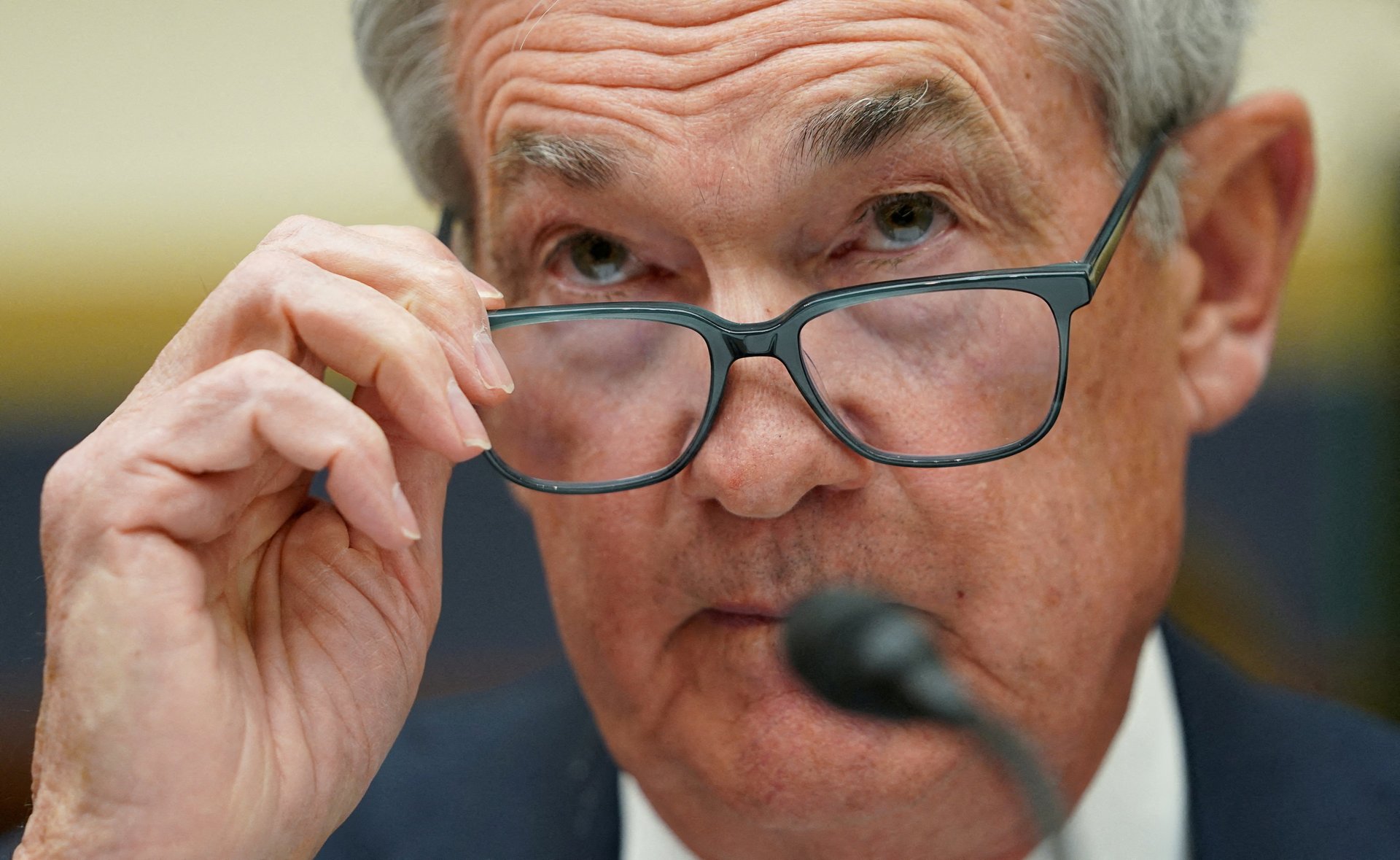The tech sector's go-to banks are getting squeezed on all sides
A day after Silvergate Bank said it's closing, Silicon Valley Bank acknowledged problems of its own

One of the most popular banks for cryptocurrency companies, Silvergate Bank, announced March 8 that it’s winding down, largely a consequence of a faltering crypto market and the failure of its most high-profile client, FTX.
A day later, Silicon Valley Bank, which chiefly banks for northern California’s technology firms, signaled its own major problems. The bank said it’s in the process of raising $2.25 billion to offset a $1.8 billion loss on some bond sales. Its stock fell by 60% on March 9 as a result.
Adding to SVB’s pain, Bloomberg reported that Peter Thiel’s venture capital firm, Founders Fund, advised companies to withdraw money from the bank.
SVB has minimal exposure to crypto but its business is still highly concentrated in the tech industry. It said customers are burning through cash at an elevated rate.
“We are taking these actions because we expect continued higher interest rates, pressured public and private markets, and elevated cash burn levels from our clients as they invest in their businesses,” SVB said in a press release.
How Silicon Valley Bank and Silvergate ended up in trouble
Tech firms dependent on venture capital have struggled in a new environment in which borrowing is more expensive. Meanwhile, when the Fed starts tapping the economy’s brakes, bond prices typically fall—as Silvergate would have found when it reportedly unloaded securities in an effort to give depositors their money back.
By concentrating their services in the tech industry while holding long-dated bonds, both SVB and Silvergate were highly dependent on a low-interest rate environment for both sides of their respective balance sheets. When the Fed ramped up its war on inflation, the banks quickly found trouble.
Silvergate’s main rival, New York-based Signature Bank, remains standing. It has avoided similar stock market trouble in part because crypto makes up only 15% of the bank’s deposits.